In a world where health and fitness are at the forefront of our priorities, it’s no surprise that high-protein foods have become the go-to choose for many. Whether you’re an athlete looking to build muscle, someone aiming to shed a few pounds, or simply wanting to maintain a healthy lifestyle, incorporating high-protein foods into your diet can be a game-changer. In this blog, we’ll explore the best high-protein foods that are not only delicious but also easy to include in your daily meals.
Chicken Breast

Lean and versatile, chicken breast is a top choice for protein seekers. It’s low in fat and packed with essential amino acids, making it a staple in many diets. You can grill it, bake it, or even toss it into a stir-fry for a quick and tasty protein boost. Chicken breast also provides selenium, a mineral important for your immune system, and B vitamins to support your metabolism.
Eggs

Eggs are a nutritional powerhouse. They provide complete protein, meaning they contain all the essential amino acids your body needs. Plus, they’re incredibly versatile and can be prepared in numerous ways. Whether you like them scrambled, poached, or boiled, eggs offer a convenient and budget-friendly protein source. They’re also rich in choline, a nutrient that supports brain and nerve function.
Greek Yogurt

Greek yogurt is not only rich in protein but also probiotics that promote gut health. opt for the plain, non-fat variety to keep your protein intake high and avoid added sugars. This creamy delight is excellent for breakfast, as a snack, or in smoothies. It’s a great source of calcium, which is vital for strong bones.
Salmon
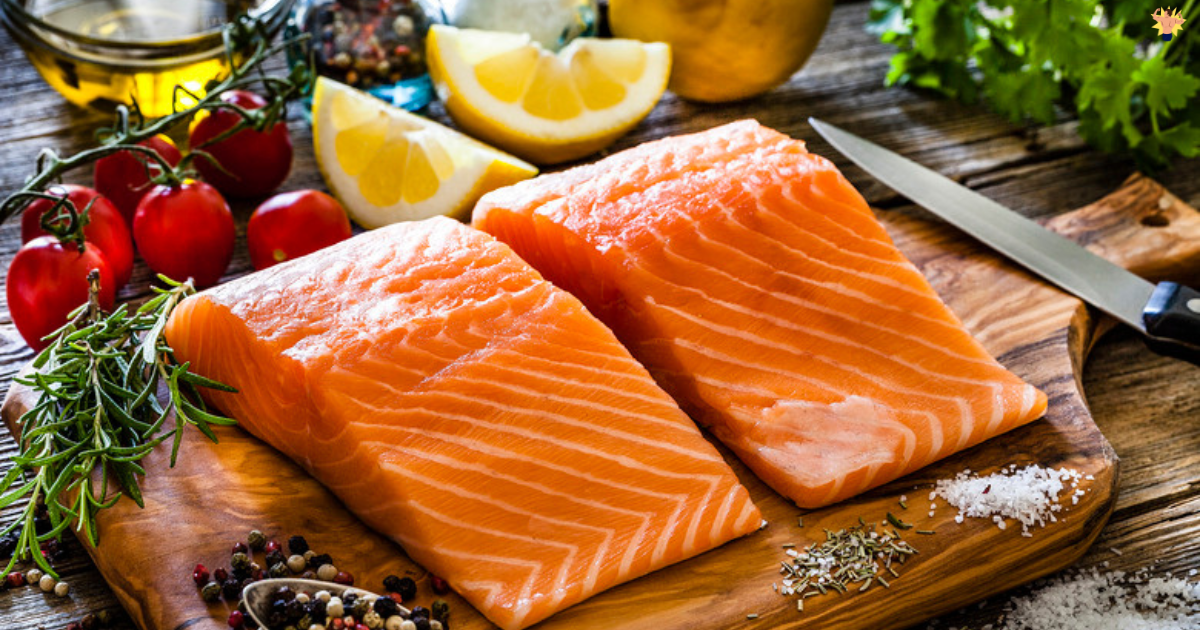
Fatty fish like salmon are not only a great source of protein but also rich in heart-healthy omega-3 fatty acids. Your taste buds and general health will benefit from it. Salmon provides essential nutrients like vitamin D, which is crucial for bone health and immune function. Grilled or baked, it’s a delicious way to meet your protein and omega-3 needs.
Tofu
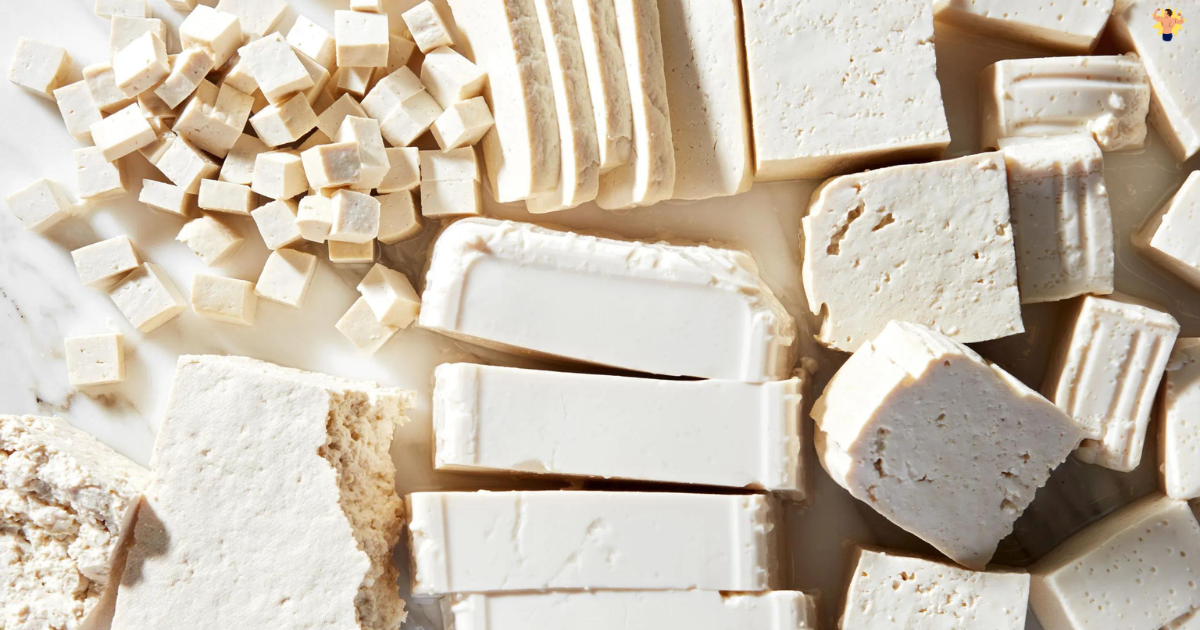
For our vegetarian and vegan friends, tofu is a fantastic protein source. It’s made from soybeans and can be used in various savory and sweet dishes. Tofu is not only a protein powerhouse but also a good source of iron and calcium, making it a valuable addition to plant-based diets. You can stir-fry it, grill it, or blend it into smoothies for a protein-packed punch.
Quinoa
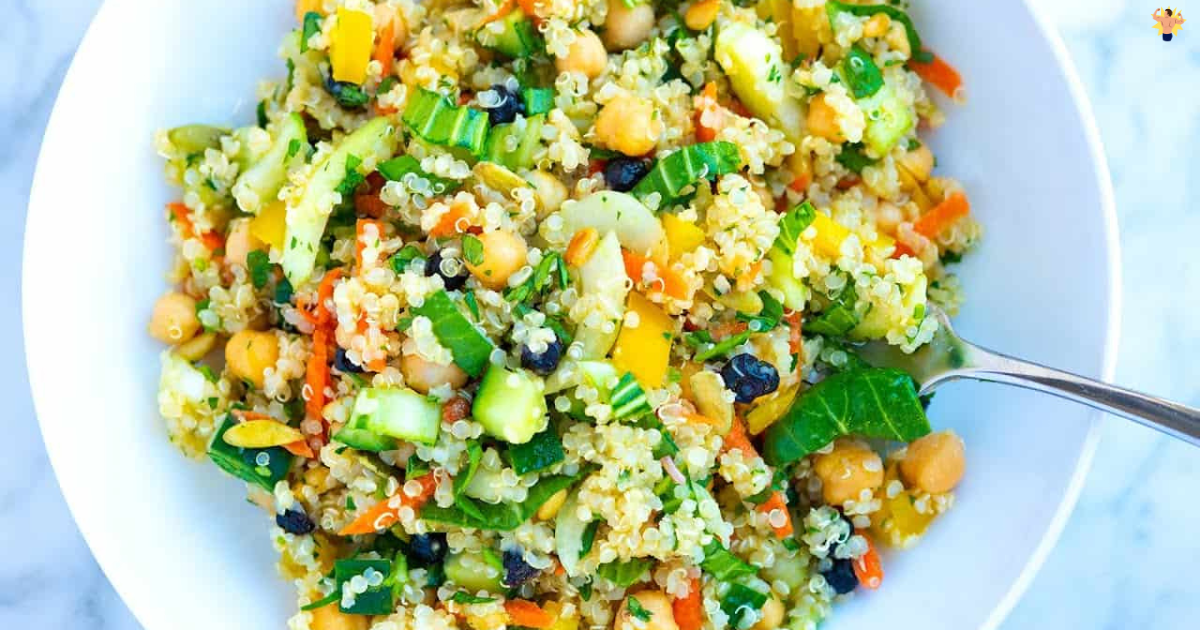
Quinoa is a complete protein, which means it contains all the essential amino acids. It’s also high in fiber and packed with vitamins and minerals, making it an excellent choice for health-conscious individuals. This versatile grain can be the base for salads, stir-fries, or as a side dish. It’s particularly rich in magnesium, which supports muscle and nerve function.
Cottage Cheese

Cottage cheese is low in fat and high in protein, making it a great option for snacks or as an addition to your meals. It’s especially popular among those looking to build muscle. Cottage cheese provides a good amount of calcium and phosphorus, important for strong bones and teeth. You can enjoy it with fruit, in lasagnas, or as a topping for baked potatoes.
Lentils
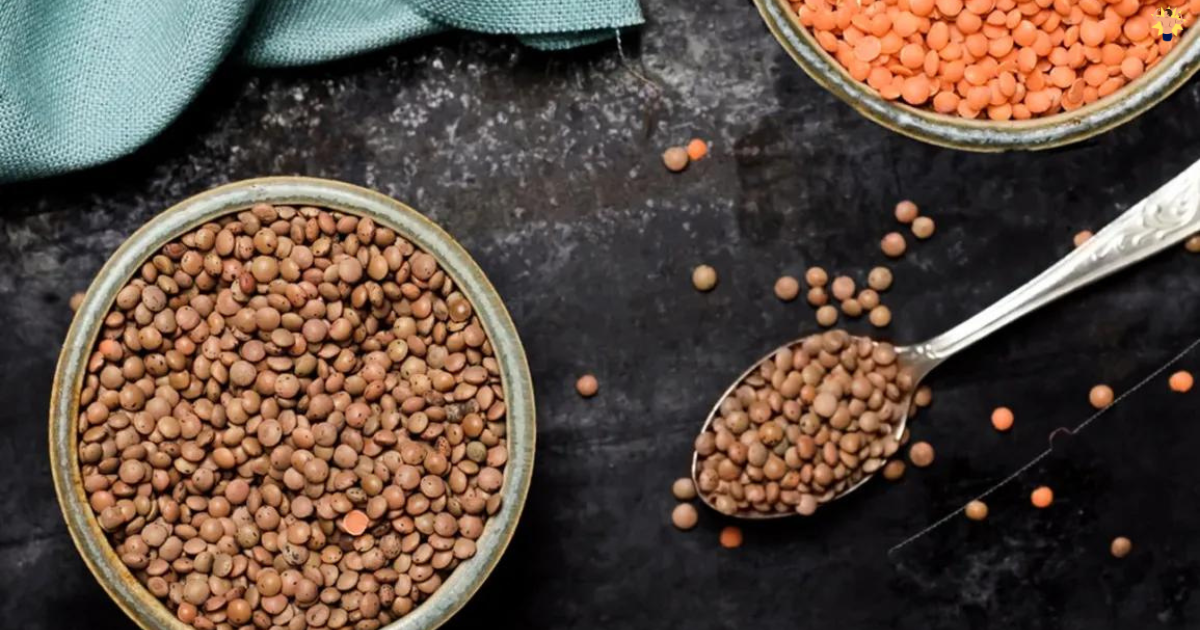
Lentils are not only affordable but also protein-packed legume. They’re rich in fiber and can be used in soups, salads, and stews. Lentils are also high in folate, a B vitamin that’s crucial for cell division and overall health. They are a great choice for vegetarians and can be the star ingredient in hearty soups and curries.
Lean Beef
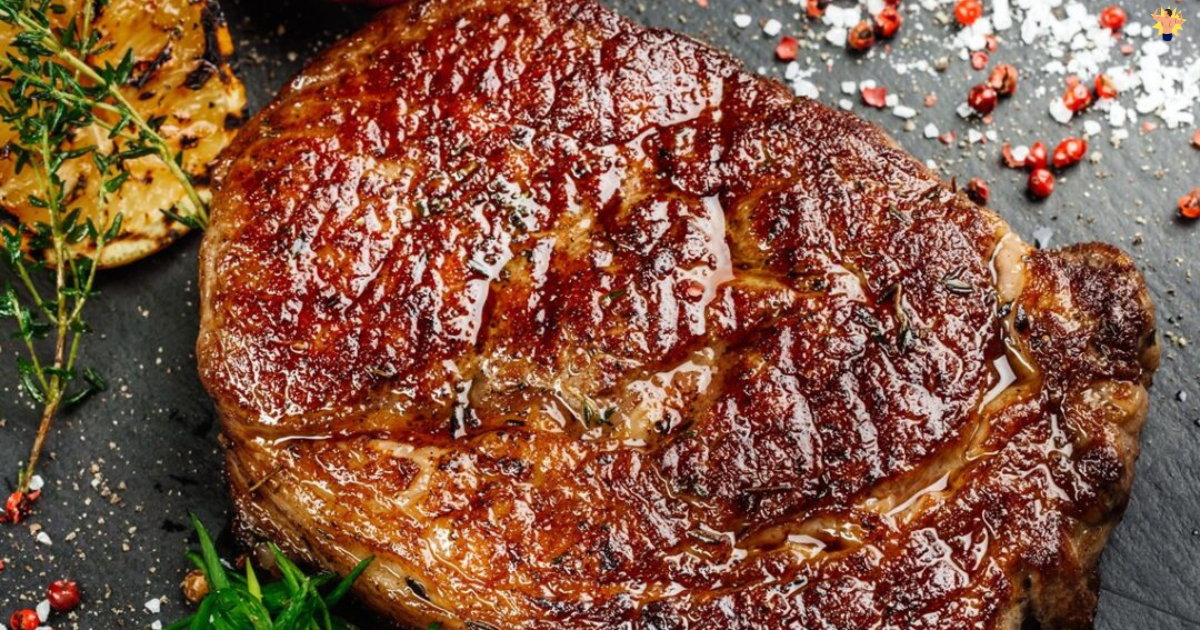
Lean cuts of beef, like sirloin or tenderloin, provide ample protein and important nutrients like iron and B-vitamins. Just remember to keep portions in check. Beef is a rich source of iron, which helps carry oxygen throughout your body, and zinc, which supports a healthy immune system. Grilled or pan-seared, it can be a delicious protein option in your diet.
Almonds
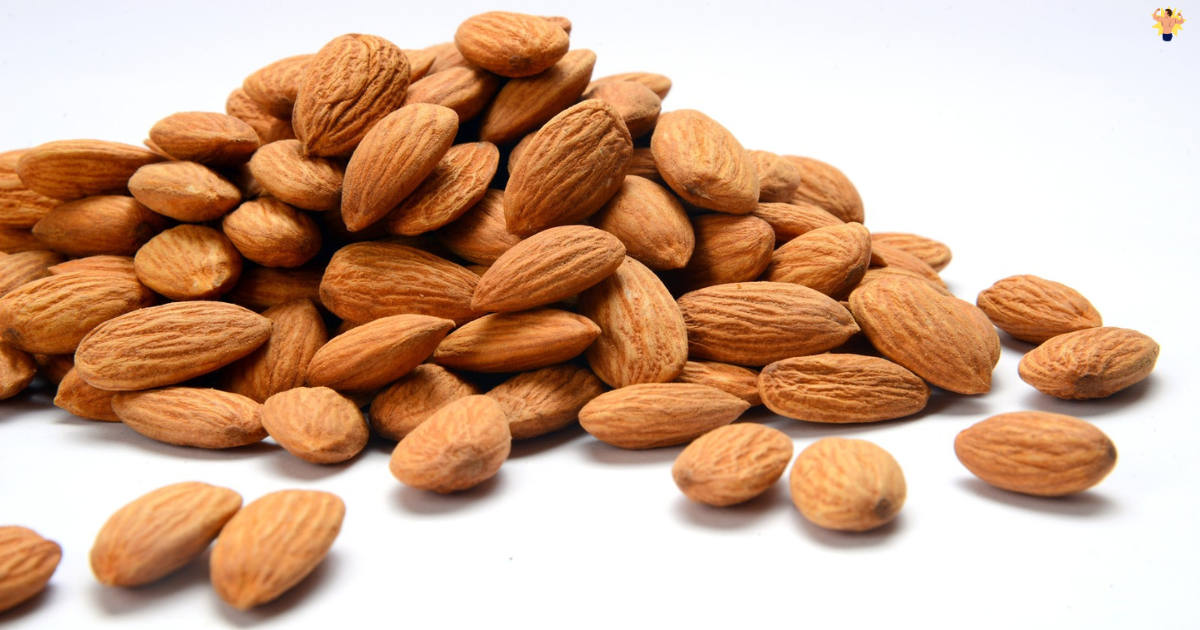
Nuts are a great source of plant-based protein, and almonds top the list. They’re a convenient, nutrient-dense snack that can be enjoyed on the go. Almonds are a good source of vitamin E, an antioxidant that protects your cells from damage, and they’re also rich in healthy fats that support heart health. Whether as a quick snack or a crunchy topping for salads, almonds are a delightful protein choice.
Chickpeas
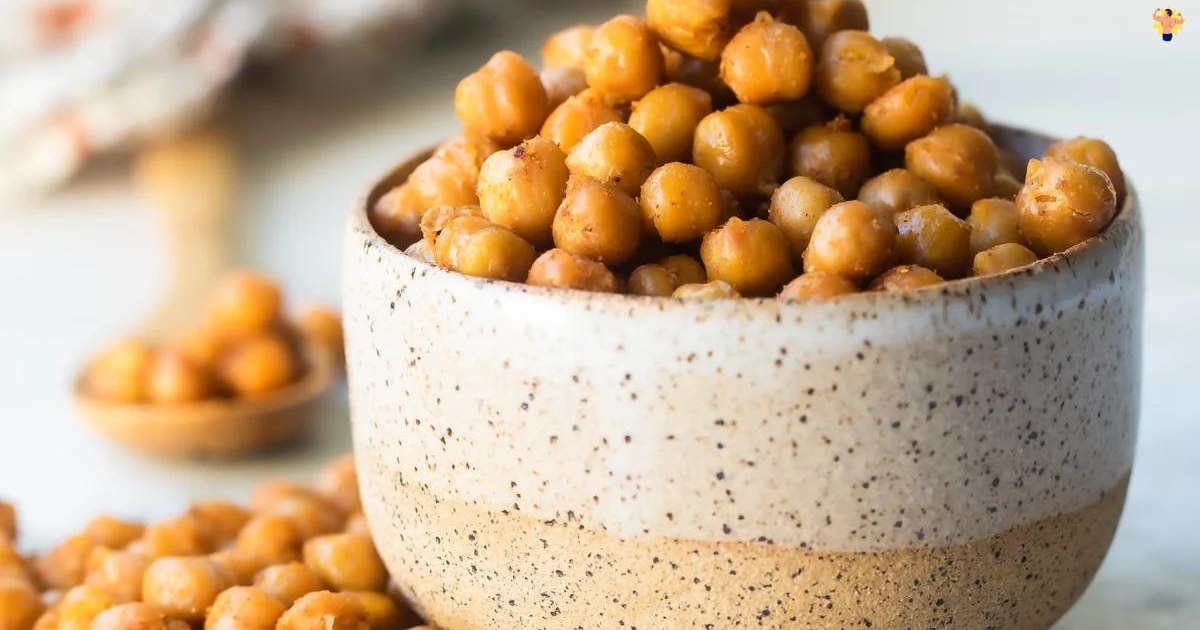
Chickpeas are not only a great source of protein but also high in fiber, making them a satisfying addition to salads, soups, and snacks. They provide an array of nutrients, including folate, phosphorus, and manganese. Chickpeas are essential for hummus, a delicious dip, or roasted as a crunchy snack.
Spinach
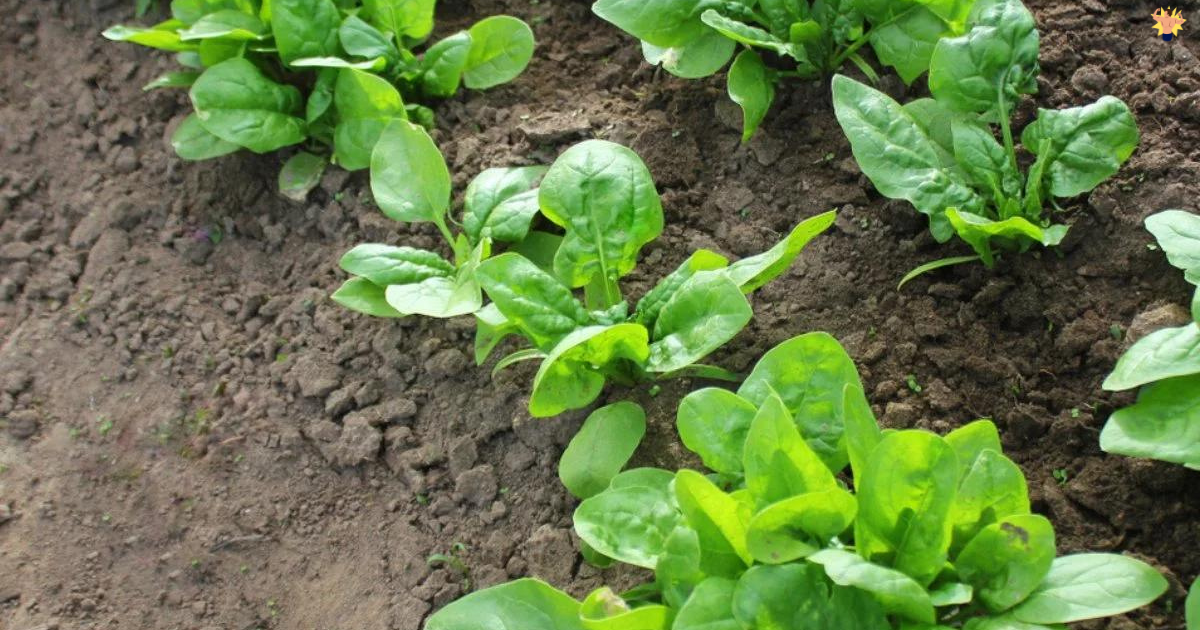
Leafy greens like spinach might not be your typical protein source, but they still offer a good amount of protein, along with a wide range of vitamins and minerals. Spinach is particularly high in vitamin K, which is crucial for blood clotting, and it’s also packed with antioxidants. Incorporate it into salads, smoothies, or sautés to increase your protein intake.
Edamame
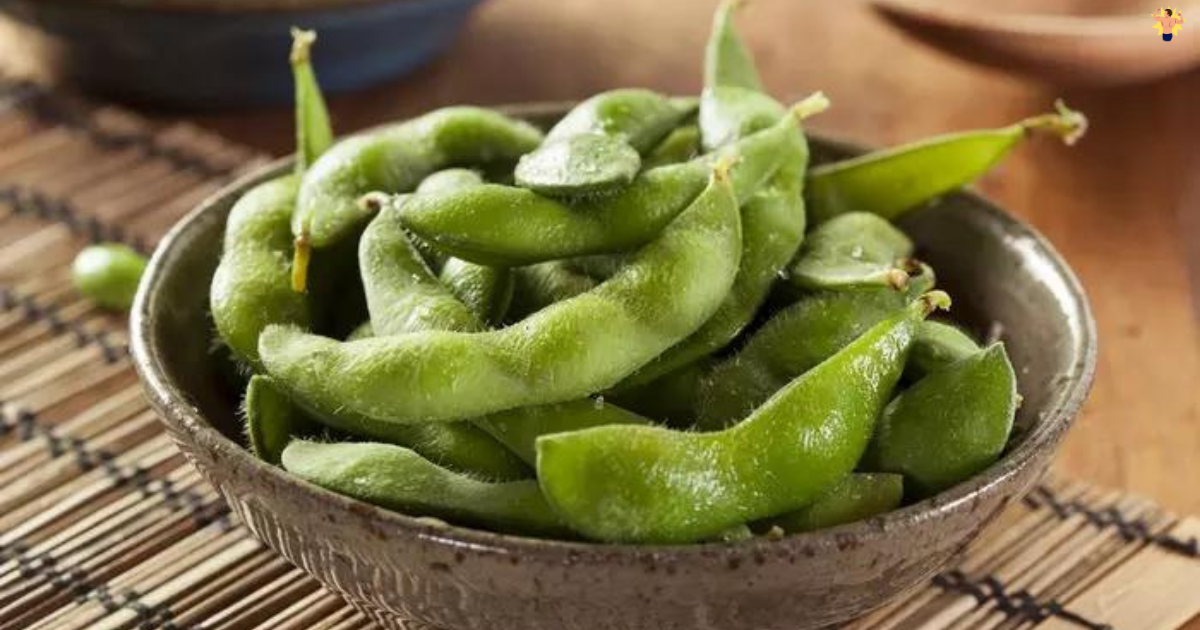
In addition to being tasty, edamame, or immature soybeans, are a fantastic source of plant-based protein. They make a pleasant and healthy snack. Edamame is a rich source of dietary fiber and folate, which is essential for cell division and growth. You can enjoy edamame as a snack or add them to stir-fries and salads for an extra protein kick.
Chia Seeds

Chia seeds are tiny nutritional powerhouses, high in protein, fiber, and healthy fats. They may be used to make chia pudding, smoothies, or yogurt additions. Chia seeds are also abundant in omega-3 fatty acids, which are beneficial for heart health and inflammation. They provide an energy boost and help you stay full for longer.
Conclusion
Incorporating these high-protein foods into your diet can help you meet your nutritional needs, support muscle growth and repair, and keep you feeling full and satisfied throughout the day. Remember to maintain a balanced diet, drink plenty of water, and consult with a healthcare professional or nutritionist to create a meal plan that suits your specific goals and dietary preferences. A healthier you are just a forkful away, and with the variety and versatility of these protein-packed foods, there’s no shortage of delicious options to choose from.
